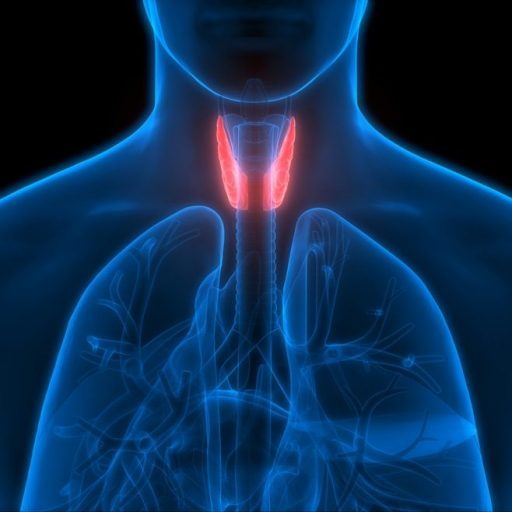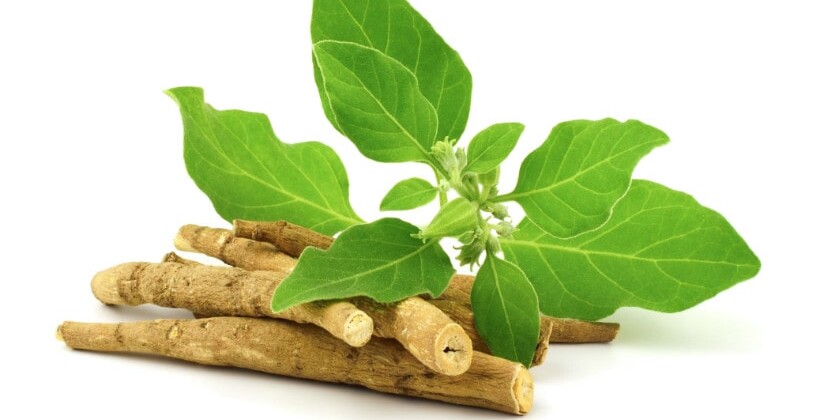Unveiling the Benefits of Ashwagandha for Thyroid Function
Ashwagandha: An Overview
Ashwagandha, or Withania somnifera, stands out in herbal medicine. It’s renowned for its adaptogenic properties, enhancing bodily resilience to stress. Belonging to the nightshade family, this herb has been used for centuries in Ayurvedic practices.
The Active Compounds in Ashwagandha

Ashwagandha is rich in withanolides and sitoindosides. These compounds are known for their antioxidant, anti-inflammatory, and stress-reducing effects. They contribute significantly to the herb’s therapeutic potential.
The Impact of Ashwagandha on Thyroid Health
Ashwagandha’s Role in Hormonal Balance
Contrary to common belief, ashwagandha doesn’t act as a thyroid-stimulating hormone. Instead, it aids in balancing thyroid hormone levels, especially in cases of subclinical hypothyroidism. This adaptogenic herb works by modulating the body’s stress response.
Reducing Stress to Improve Thyroid Function
Chronic stress can adversely affect thyroid function. Ashwagandha helps by lowering cortisol levels, a key stress hormone, thereby promoting healthier thyroid function.
Scientific Insights into Ashwagandha’s Effects on Thyroid Hormones
Clinical Studies and Findings
Research highlights ashwagandha’s positive impact on thyroid health. A notable study involving 600 mg of ashwagandha root extract daily for 8 weeks showed significant improvements in T3 and T4 levels, along with a reduction in TSH levels. This suggests its potential in managing subclinical hypothyroidism.
Understanding the Hormonal Interactions
Ashwagandha’s influence extends to the hypothalamic-pituitary-adrenal axis, crucial for hormonal balance. By modulating this axis, ashwagandha contributes to the normalization of thyroid hormone levels.
Guidelines for Using Ashwagandha Supplements
Selecting the Right Ashwagandha Supplement
Ashwagandha comes in various forms, including powders, extracts, and teas. Root extracts are often preferred for their higher concentration of active compounds.
What time of day is best to take it?
What you’re taking ashwagandha for, and how it affects you, will dictate when you take it. If you’re taking it for a sleep disorder or it makes you drowsy, evening is the best time. Experts also recommend taking it at night for hypothyroidism.
How long does it take ashwagandha to work for hypothyroidism?
Like most alternative medicine, it can take several days to several weeks before ashwagandha benefits will be felt.
 Dosage
Dosage
Recommended daily dosage is:
- root extract: 500 – 1500mg daily
- root powder: 1,000 – 6,000mg daily
Dosage and Safety Considerations
While generally safe, ashwagandha should be used with caution. Recommended dosages are 500-1500 mg for root extract and 1,000-6,000 mg for root powder. It’s advisable to limit use to 3-month periods.
Important Precautions and Contraindications
Who Should Exercise Caution?
Individuals on thyroid medication, pregnant or breastfeeding women, and those with certain medical conditions should consult healthcare providers before using ashwagandha.
Considerations for Hyperthyroidism
Ashwagandha may not be suitable for hyperthyroidism, as it can potentially increase thyroid hormone levels.
Conclusion: Embracing Ashwagandha for Thyroid Wellness
Ashwagandha offers a holistic approach to supporting thyroid health, particularly in managing stress-related thyroid issues. However, its use should be balanced and guided by professional advice.







